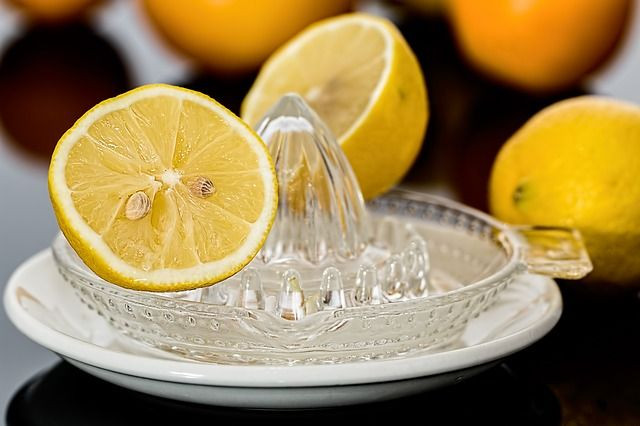3 Worst Diets Of 2016, According To Science: Leave These Unhealthy Eating Habits Behind

Are you always trying out the newest diet fads? Expecting to change your eating habits once the new year begins? Stay away from these three ultra-restrictive, crash diets to remain healthy throughout 2017.
MASTER CLEANSE
Also known as the lemonade diet, this 10-day lifestyle is practically a fast. It requires drinking only a concoction of water, lemon juice, cayenne pepper and maple syrup. Despite its intention as a “detoxifying program,” this weight-loss method is typically used as a diet.
According to Ed Zimney, MD, for Everyday Health, the master cleanse diet is “nearly guaranteed to take off a few pounds in the short run, but just as guaranteed to put them back after it’s done.”
Read: 18 Of Our Favorite Health And Science Books And Podcasts: Topics From Mindless Eating To Memory Loss
CABBAGE SOUP DIET
This cabbage soup diet is another cleanse-like eating phenomenon, but this one lasts for only one week. It requires limiting your diet to eating vegetable-ridden cabbage soup and drinking only water.
“Living off of cabbage soup and a few specific foods over a period of time is not a healthy way to lose weight,” Erin Palinski-Wade, RD, CDE, told Livestrong. “Vegetables are high in volume while low in calories. Not only is the calorie range so low that it may slow your metabolism, but this restrictive diet may promote nutrient deficiencies if followed long term, such as deficiencies in protein and essential fatty acids.”
Read: The Surprising Way Cinnamon May Improve Your Digestive Health
JUICE FASTS
Juice fasts are the epitome of a trendy crash diet, and usually last between three days and three weeks. According to CBS News, they’re usually very low in protein and don’t give the body enough energy.
Additionally, there's no scientific evidence that juice cleanses are a sensible approach to better health.
See Also:
Published by Medicaldaily.com



























